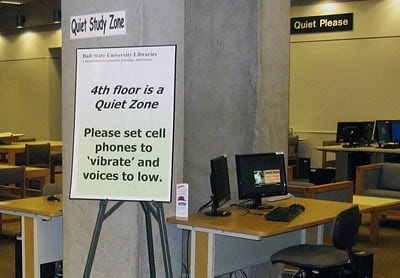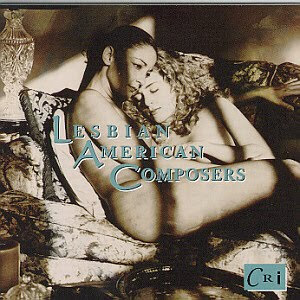Juneteenth is a celebration of the ending of slavery in the United States. Although the Emancipation Proclamation officially ended slavery on January 1, 1863, word didn't reach many slaves in the South until after the end of the Civil War in 1865. Slaves of Galveston, Texas learned of the proclamation on June 19, 1865, and this became the date for anniversary celebrations thereafter. At first, it was commemorated only in Texas, but the date has achieved significance in more and more places, and today is an official or unofficial holiday in many U.S. states. Muncie first celebrated Juneteenth in 2003.
While slavery defined the black experience in America before 1865, the fight for justice and civil rights continues to this day. Music gave slaves and civil rights workers a soundtrack to inspire and to soothe. You can mark Juneteenth by listening to spirituals, which expressed the feelings of slaves and in some cases sent coded messages along the Underground Railroad.
| After Emancipation, groups of newly-freed slaves from black colleges, such as the Fisk Jubilee Singers, took spirituals and other styles on the road to raise awareness of black musical culture and talent. |  |
In the Twentieth Century, many notable musicians worked for justice and equality, though it didn't always come through in their music. They used their fame to draw attention to important causes and to highlight situations that white Americans may not have known about. The civil rights movement's two famous songs are "
We Shall Overcome," and "Lift Ev'ry Voice and Sing," by
James Weldon Johnson &
J. Rosamund Johnson. It is considered by many to be the "Black National Anthem."
For CardCat listings of recordings by of some of these musicians, follow the links below:







 Bracken Library student assistants (and some full-time staff) have been busy for weeks moving the Music Collection print resources to the 4th floor in preparation for Lower Level recarpeting. All the MLs are now on the 4th floor, and the MTs are almost all there. The last books to be moved will be the reference collection.
Bracken Library student assistants (and some full-time staff) have been busy for weeks moving the Music Collection print resources to the 4th floor in preparation for Lower Level recarpeting. All the MLs are now on the 4th floor, and the MTs are almost all there. The last books to be moved will be the reference collection.





